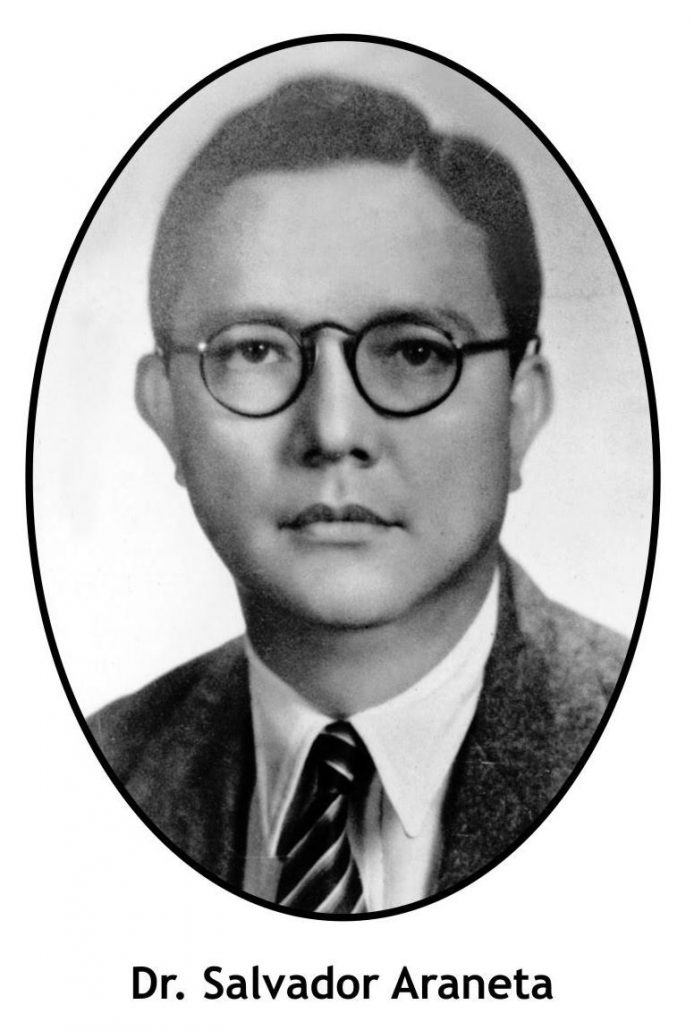 Article 80. Every individual has the duty to respect and preserve the standards of decency and public morale as may be validly prescribed by competent authorities.
Article 80. Every individual has the duty to respect and preserve the standards of decency and public morale as may be validly prescribed by competent authorities.
EXPLANATORY NOTES
This provision pertains to a subject in our national identity which is so important that it is included in the Constitution. The competent Authorities that will define the standards of decency and public morale are the Ministry of national Identity, Culture and Education and the Authority of the same name.
Article 81. Exhibition of violence and sexual permissiveness is illegal and shall be punishable by law.
EXPLANATORY NOTES
This provision makes the exhibition of violence and sexual permissiveness a constitutional crime, leaving to Parliament to provide the penalty for its violation.
This Article is vital today when exhibition of violence and sexual permissiveness are the common fare offered to the public by mass media, particularly movies, and shows.
Article 82. Universal Education of the children and the youth, in line with the capacity of the individual in the elementary level, shall be the responsibility of the Federal Government; Universal education in the secondary level shall be the responsibility of the State Government.
Education in the college and university levels is under the Ministry of National Identity, Culture and Education and the Authority of the same name, both under the jurisdiction of the President.
The Federal Authority of National Identity, Culture and Education shall determine the average cost of education per student in the elementary grades, and the State Authority of Education and Culture shall determine the average cost of education per student in the secondary level. The amount determined, multiplied by the number of students enrolled in the school, shall be paid to the Parent-Teachers Association of each public school.
In the private sector, the schools shall also receive the same amount multiplied by the number of students enrolled in their respective schools.
The Federal Authority of the National Identity, Culture and Education shall likewise determine the average cost of education given in government schools in the college and university, public or private, where the students are enrolled. Schools should be paid directly.
Private elementary schools, secondary schools, colleges and universities, which find the payment per student from the Government insufficient to meet their cost of operation, have the option to waive the amount paid by the Government and charge a higher fee which they may fix at their discretion for students of well-to-do families.
This educational policy for a given State may be amended by a vote of at least 60 percent of the members of the corresponding State Assembly. Parliament by a vote of 60 percent may likewise amend the provision as to elementary schools, colleges or universities.
EXPLANATORY NOTES
This provision enunciates an educational policy entrusting to the five States the subject of culture and education of the youth in the secondary level. Education in the elementary, college and university levels is under the authority of the Federal Government and the jurisdiction of the President.
Under this provision, parents of students up to the secondary level, and the student himself in college and university, are given the decision to enroll in a school of their choice. This provision gives the private schools the same subsidy given by the State to the public school system.
Private schools are given the right to waive the government subsidy per student if they find it insufficient to keep their higher standards. The waiver need not apply to all students but only to those students of well-to-do families who can afford to pay the higher fees.
The policy can be amended by the State Assembly or the parliament as the case may be by a vote of 60 percent of their members. This plan is patterned after the educational system provided by the U.S. Veterans Educational Act. (To be continued/PN)

